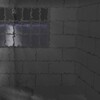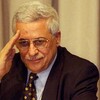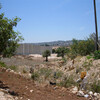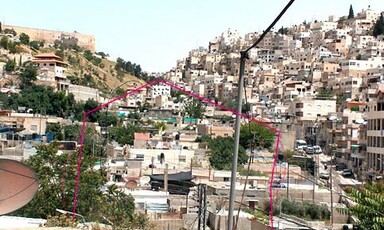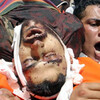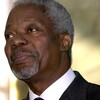
Kofi Annan urges media to refrain from myths, hate propaganda in message to international media seminar
13 June 2005
Under-Secretary-General for Communications and Public Information, Shashi Tharoor, delivered a message from UN Secretary-General Kofi Annan to the International Media Seminar on Peace in the Middle East, “Reinvigorating the Peace Process: The Role of International and Regional Actors in Facilitating a Comprehensive, Just and Lasting Peace in the Middle East in Cairo. “The people of the Middle East are now approaching a number of important turning points,” he said. With help from their regional and international partners, they can prevent a slide back into conflict and confrontation. And with help from responsible media — media that refrain from myths, stereotypes and hate propaganda –- they can avoid inflaming an already volatile climate.” Read more about Kofi Annan urges media to refrain from myths, hate propaganda in message to international media seminar
